Economies of scale
Economies of scale is a situation in which a company reduces its production costs by expanding. It is a circumstance in which the more a company produces, the lower the cost per unit of production.
With economies of scale, there is a higher profit for each extra unit produced. This reduction in unit manufacturing is not due to a decrease in the price of raw materials, but rather by taking advantage of a material that has already been purchased and in which a company has been investing money in the past.
Therefore, this situation occurs especially when the company purchases fixed assets. If we acquire machinery, for example, the way to take advantage of it is by producing as much as possible.
The effect of economies of scale on unit cost
It is said that the cost per unit produced will be lower the more we produce because the calculation is made by average the cost of the machinery over the number of products we have manufactured.
Therefore, the more products are produced, the cheaper it is to manufacture each unit.
However, the reduction in the manufacturing cost from economies of scale has a limit. When the company reaches a certain size, although economies of scale make unit costs lower, it becomes increasingly difficult to manage a huge company due to the need for coordination and bureaucratic nature.
Types
Economies of scale can be classified into two types:
- Internal: arise within the company itself.
- External: arise from external factors, such as the size of the industry.

